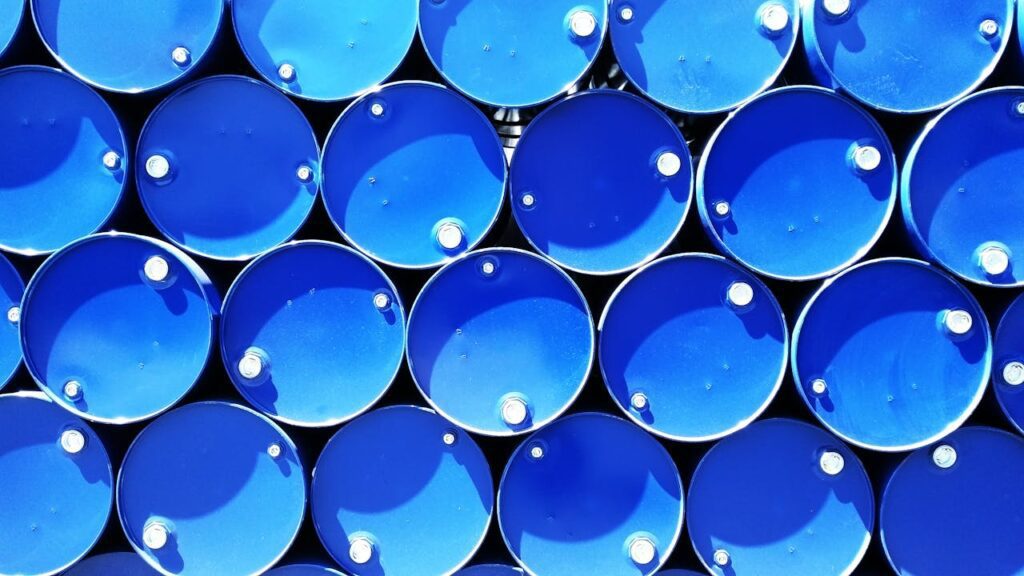- Last Updated: October 16th, 2025
Key Takeaways
- You must classify your waste correctly (i.e. determine if it is hazardous), use appropriate waste codes, label and package it safely, and segregate hazardous from non-hazardous waste.
- For every movement of hazardous waste (collection, transport, disposal), you need proper documentation (consignment notes), and all parties (producer, carrier, receiver) need to retain copies.
- Even small amounts of hazardous waste must be managed under the duty of care. You must ensure waste is handled so as not to harm people or the environment.
Hazardous Waste Regulations Guide For Businesses In 2025
The hazardous waste regulations were introduced in 2005 to ensure that waste which poses a threat to the environment and human health is disposed of safely. You must follow these guidelines in England and Wales if your business produces, stores, or has hazardous waste removed from its premises.
From 31 March 2025, the “Separation of Waste” regulations in England come into force. These require businesses to separate certain waste streams: food waste, paper & card, dry recyclables (plastic, metal, glass) etc.
While these rules are not only about hazardous waste, the push for separation and correct sorting increases the pressure on businesses to ensure waste is correctly classified and disposed of. Mis-classifying hazardous waste as general or recyclable could lead to legal or financial risk.
Hazardous Waste Types
Various types of waste materials are classed as hazardous, including a few that may come as a surprise! Below are common hazardous waste types that we dispose of for businesses:
- Chemicals: Chemical waste may include acetone, oils, pesticides and cleaning products.
- Batteries: Battery waste such as dry cells, lithium and lead acid.
- Oil: This includes motor oils, such as petrol and diesel.
- Contaminated Containers: Canisters are often used to store hazardous liquids, such as car oil. Whilst they may be emptied, the residue left still classifies the containers as hazardous.
- Solvents: Solvents, often used in pharmaceutical and paint manufacturing.
- Paint: Both paint and paint tins are classified as hazardous and can be recycled.
- Fridges and Freezers: Fridges contain ozone-depleting gases that can be harmful to the environment if disposed of incorrectly.
- TVs and Computer monitors: Various WEEE waste that contains hazardous materials.
Your Responsibilities As A Waste Producer
Using A Licensed Waste Carrier
You must use a licensed waste carrier and where required, they must have ADR-trained drivers to collect and remove your certain hazardous waste items. ADR drivers have completed the relevant training and examination to safely transport dangerous goods.
Hazardous Waste Consignment Notes and Duty of Care
Consignment notes detail the waste that has been transported from your business to its end destination. When hazardous waste is removed, this note must be completed and kept with the hazardous waste until it reaches its final destination.
There are various parts of a consignment note, including information on the following:
- The collection location: The first part of your consignment note includes details on the location of the hazardous waste.
- Description of the waste: This includes the EWC codes (European Waste Catalogue) code, biological components, physical form of your waste, quantities and container type. This section also requires information on handling requirements for safety, such as gloves and masks.
- Waste carrier information: This includes the contact information, registration number and signatures from the licensed waste carriers.
- Consignor’s certificate: This section is for the customer to certify that they have filled out the form correctly and fulfilled their duty to apply the waste hierarchy.
- Consignee’s certificate: Lastly, the consignee (final destination) signs to certify that they have received the waste, including the address, date, time, and quantity of each EWC code received. A Copy of this HWCN is sent back to the Consignor after completion to ensure they have a complete audit trail for the waste.
Why You Must Use A Professional Hazardous Waste Disposal Business
- Compliance with Complex Regulations: The UK’s hazardous waste regulations are stringent and multifaceted, designed to minimise environmental impact and ensure public safety. Professional disposal businesses, like Collect and Recycle, are well-versed in these regulations, ensuring that your company adheres to the law.
- Expert Handling and Disposal: Hazardous waste poses significant risks if mishandled. Professional businesses have the expertise, technology, and processes to manage this waste safely. This specialised knowledge is crucial in treating and disposing of hazardous materials in a manner that minimises potential harm.
- Environmental Stewardship: By choosing a professional hazardous waste disposal business, you’re not only complying with laws but also demonstrating a commitment to environmental stewardship. At Collect and Recycle, we employ eco-friendly disposal methods, contributing to sustainability and helping your company to enhance its green credentials.
Book A Collection With Our Specialist Team
At Collect and Recycle, we provide professional, trusted hazardous waste disposal services using our network of licensed ADR drivers and haulage partners. Our team can collect your waste and transport it to a fully licensed treatment facility to ensure it is recycled or disposed of safely.


